
UNESCO Working Groups on Open Science: Policy and Policy Instruments
The subject of our discussion will be ways to assess the impact of policy and policy instruments pertaining to open science.

The subject of our discussion will be ways to assess the impact of policy and policy instruments pertaining to open science.
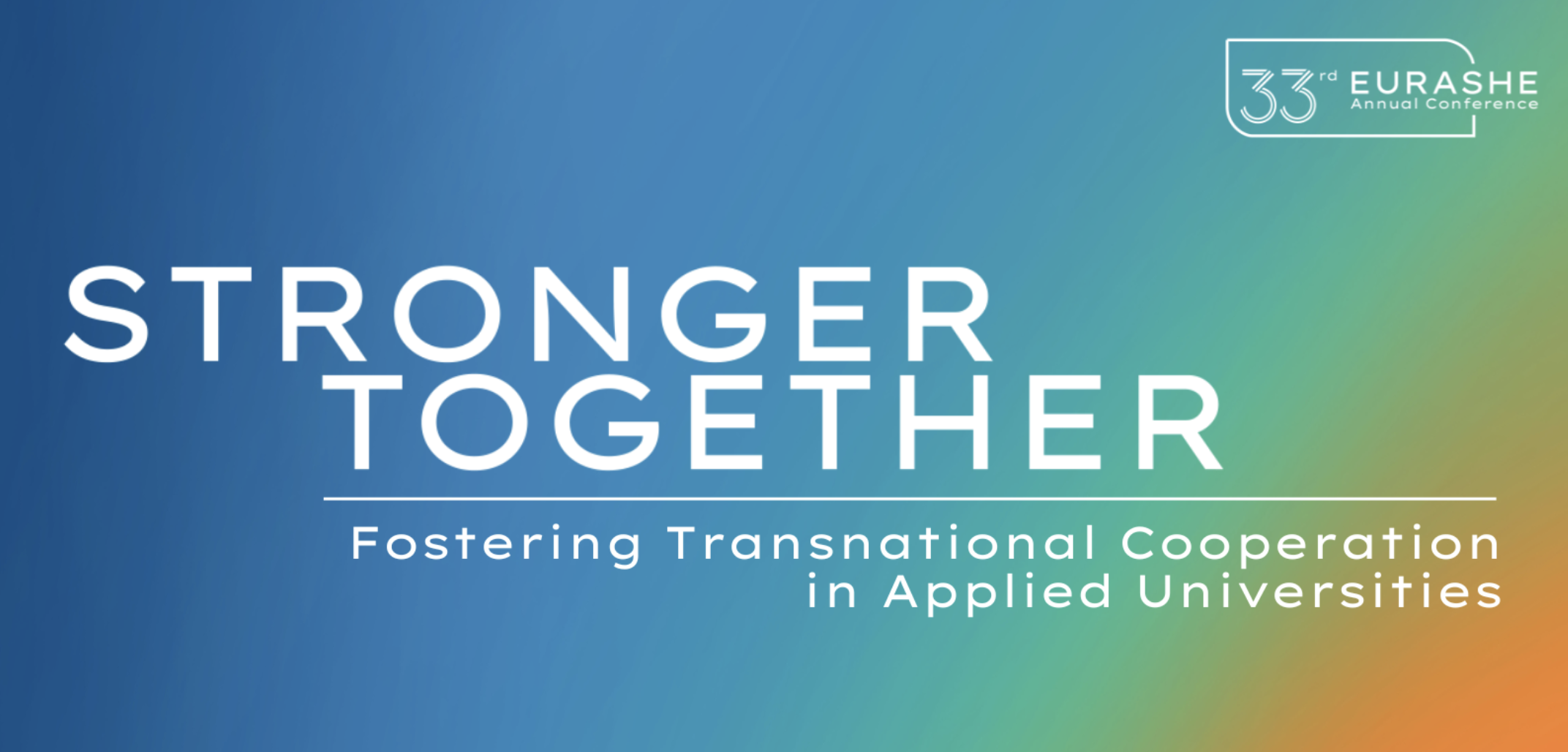
FOSTERING TRANSNATIONAL COOPERATION IN APPLIED UNIVERSITIES With a focus on collobration and cooperation the EURASHE 33rd conference will bring together a number of different stakeholders from the Higher Education community to discuss and draft a shared path on relevant topics for the present and the future of education. See the full programme and book your spot!
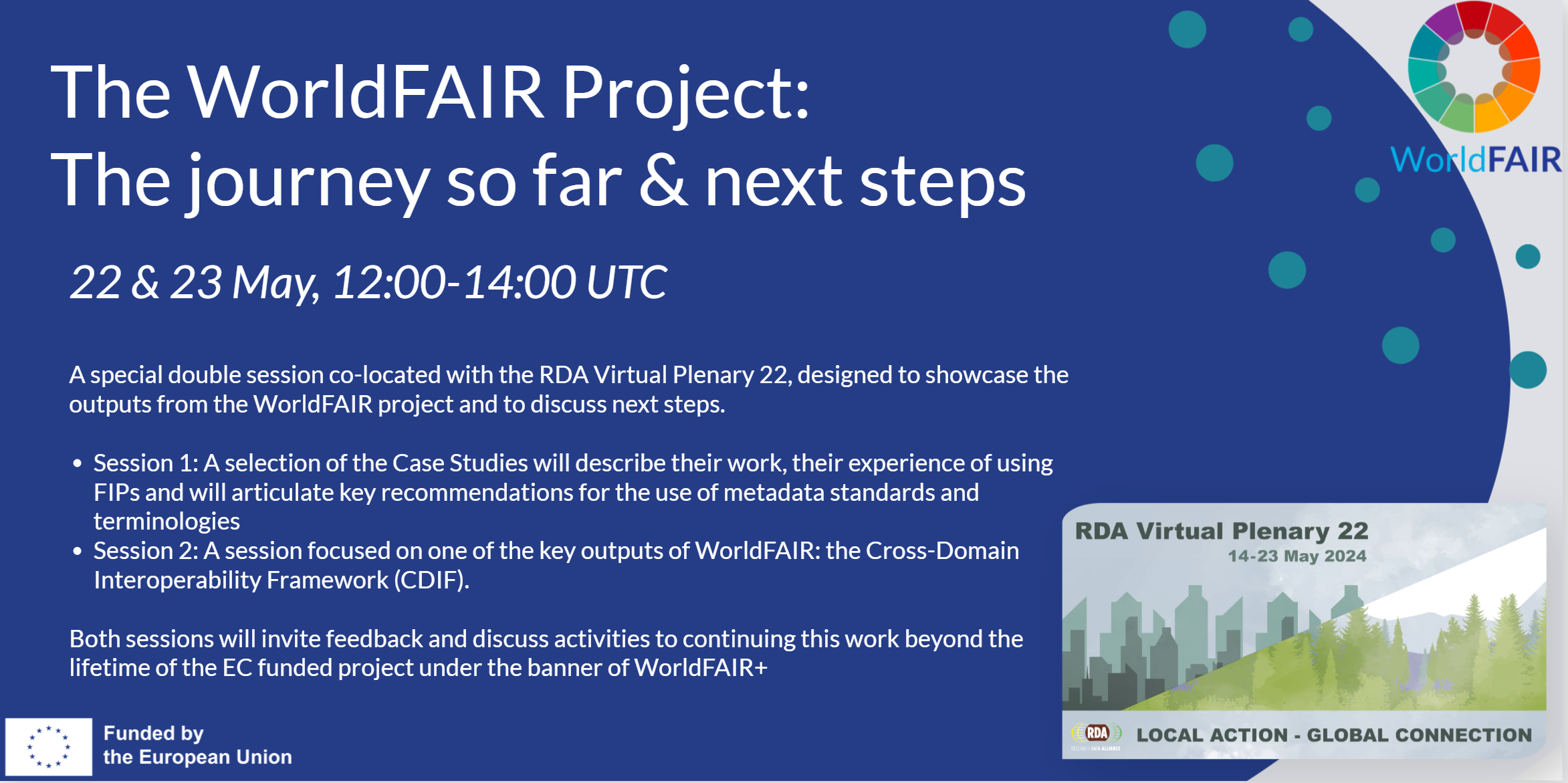
This special double session co-located with the RDA Virtual Plenary 22 is designed to show case the outputs from the WorldFAIR project and to discuss next steps. The event is open to all; you do not need to be a member of the WorldFAIR consortium to join. WorldFAIR has a number of distinctive features that are worthy of […]
RESSH 2024 - Open Research in the Humanities and Social Sciences: Evaluation, Infrastructure and Practices The RESSH 2024 Conference, titled "Open Research in the Humanities and Social Sciences: Evaluation, Infrastructure, and Practices," aims to explore the intersection of open research and evaluation criteria within the social sciences and humanities. It discusses the promotion of an […]
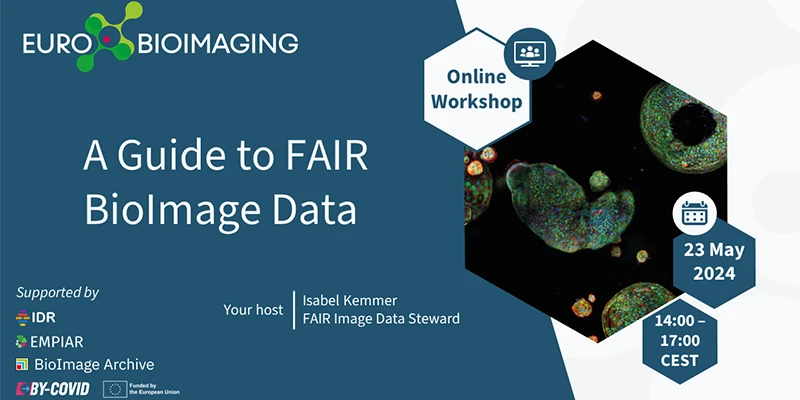
Do you perform biological imaging and want to maximise the potential of your bioimaging data? Join us for the second instalment of our free online workshop, 'Euro-BioImaging's Guide to FAIR Bioimage Data,' on Thursday, 23 May 2024, from 14:00 to 17:00 CEST. Everyone is welcome! About the workshop In this interactive online workshop we will introduce […]

The EOSC Federation Handbook will comprehensively address the purpose, structure, governance, architecture and operations of the EOSC Federation. The Tripartite Group, which has the remit within the EOSC Partnership’s Tripartite Governance to steer the community development of the EOSC Federation, has endorsed EOSC-A to continue to lead the community-wide co-creation of the EOSC Federation Handbook. […]
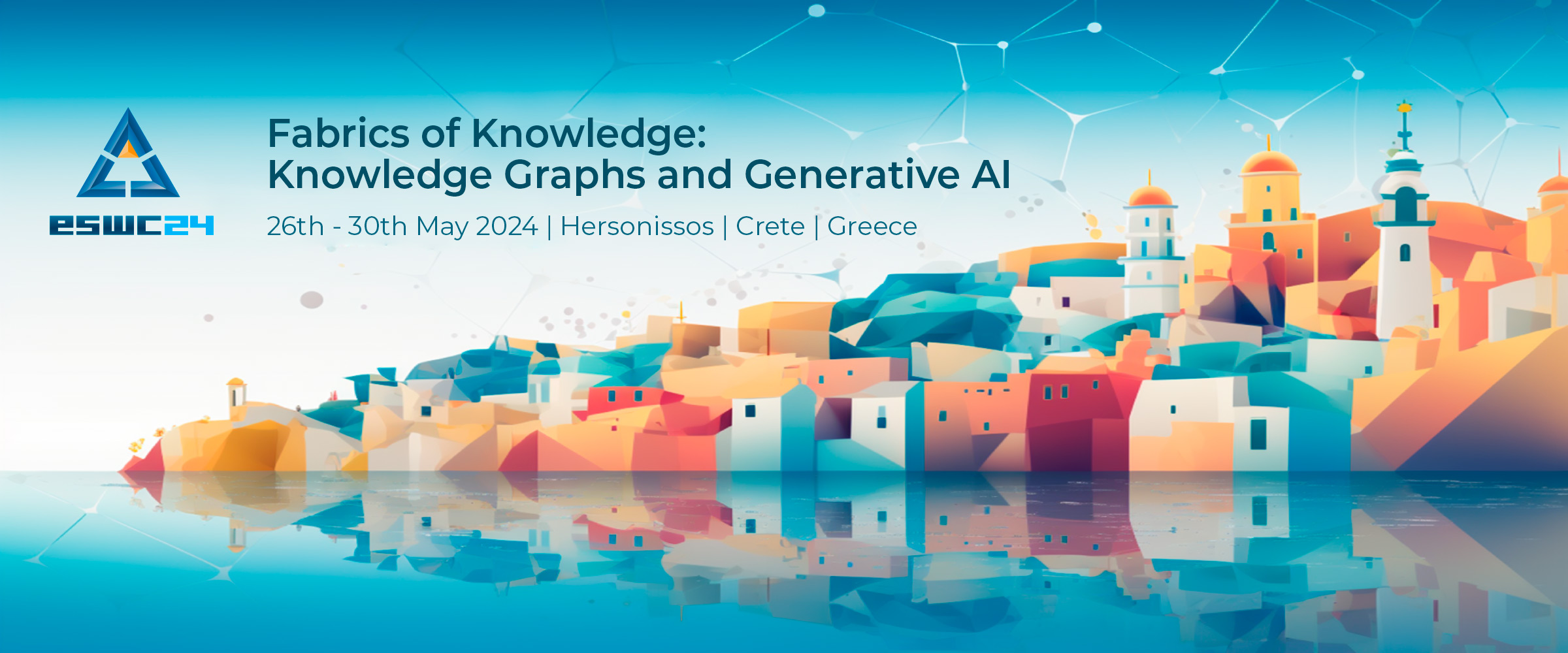
The Extended Semantic Web Conference is a major venue for discussing the latest scientific results and technology innovations around semantic technologies. Building on its past success, ESWC is seeking to broaden its focus to span other relevant related research areas in which Web semantics plays an important role. The goal of the Semantic Web is […]
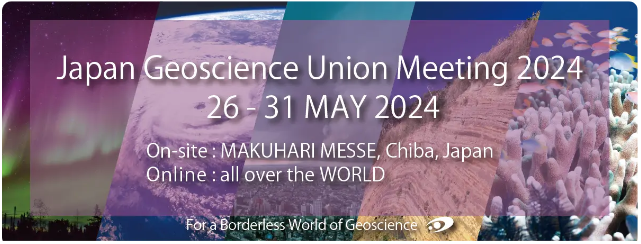
The JpGU Meeting 2024 will be held at Makuhari Messe in Chiba Prefecture for six days from May 26 to 31, 2024. The coming meeting will be held in a hybrid format, as was the case in previous two meetings. While retaining the advantages of the hybrid format, including the ability to allow participation from […]
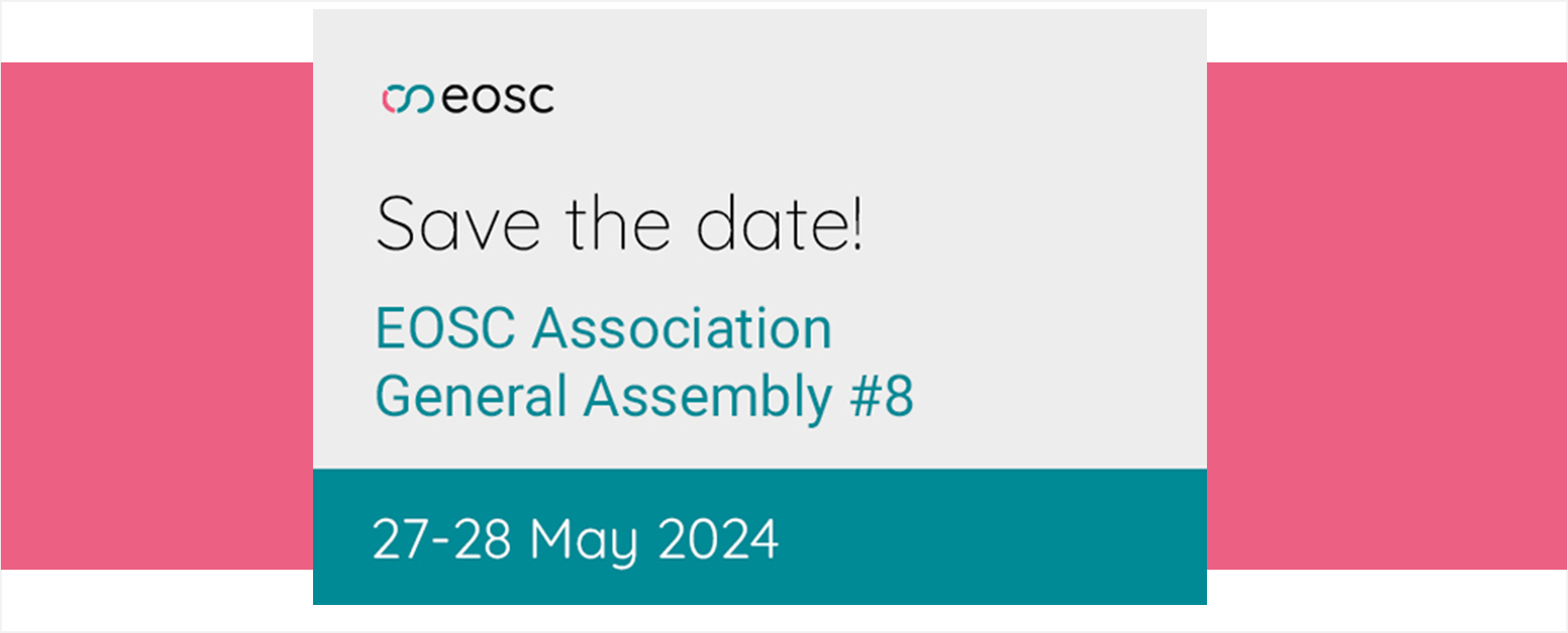
The EOSC Association's 8th General Assembly will be a lunch-to-lunch, in-person meeting to be held 27-28 May 2024.
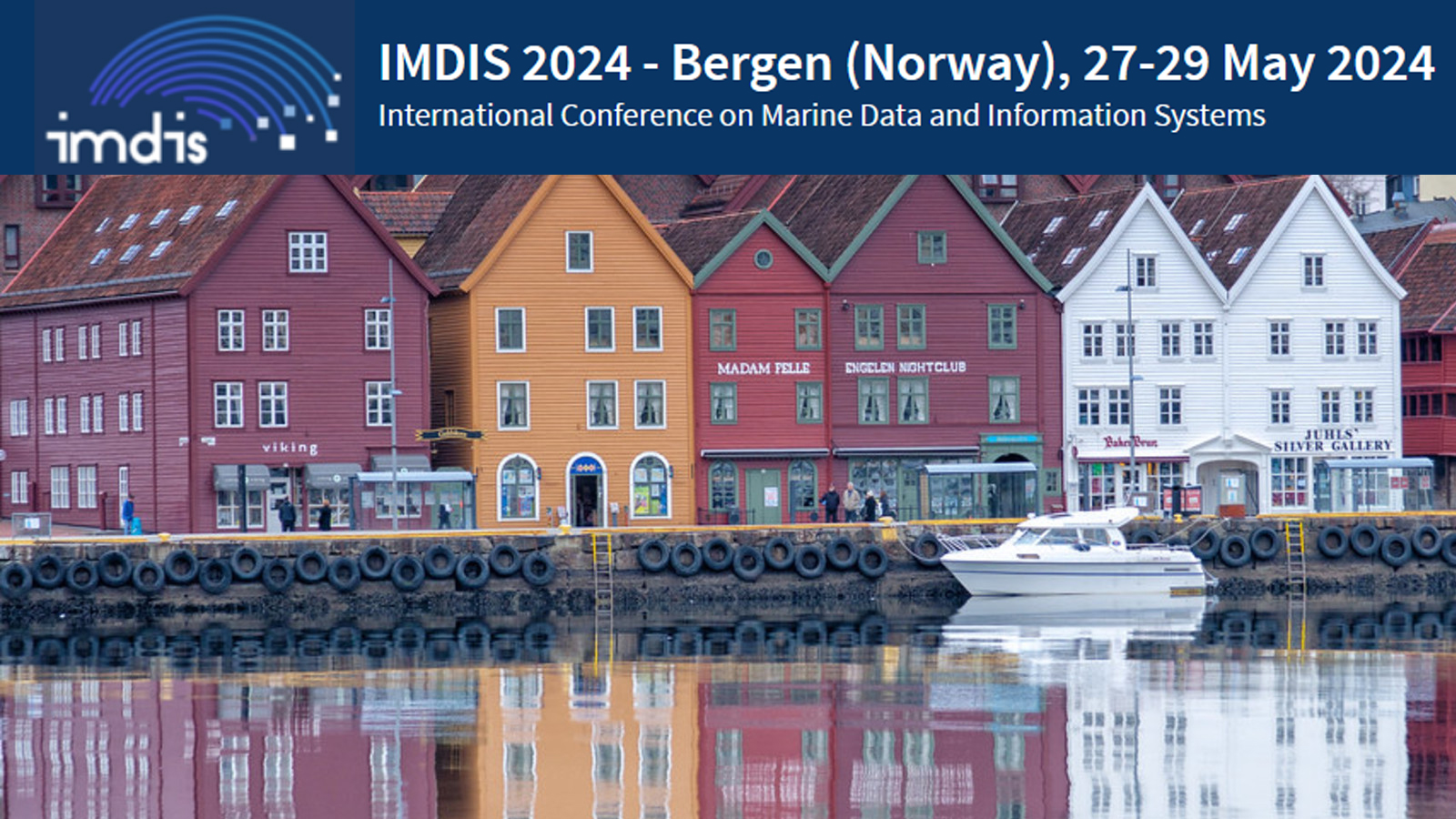
The IMDIS series of conferences provides an overview of current information systems addressing the needs of a wide range of users in ocean science. This year’s edition is structured around four main sessions: data services and tools in ocean science; technical developments for marine information and data management; marine environmental infrastructures for observation data; and […]
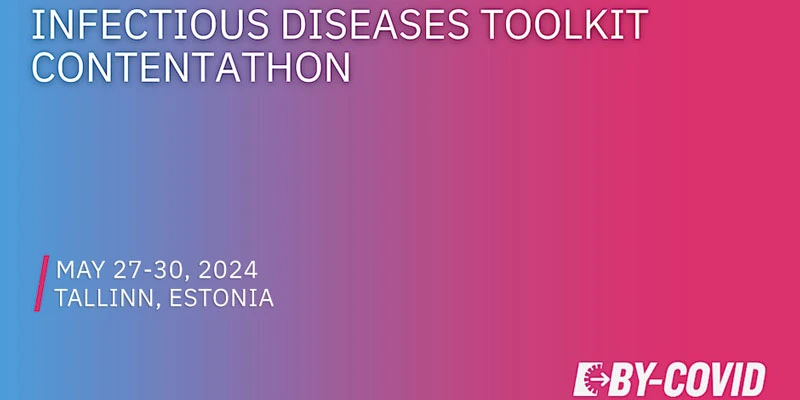
BeYond-COVID (BY-COVID) project collects comprehensive open data on SARS-CoV-2 and other infectious diseases across scientific, medical, public health and policy domains. Into the Infectious Disease Toolkit (IDTk), we gather knowledge we wish we had when the pandemic hit us in the spring of 2020. At the contentathon participants will contribute to writing guidelines for data handling, […]
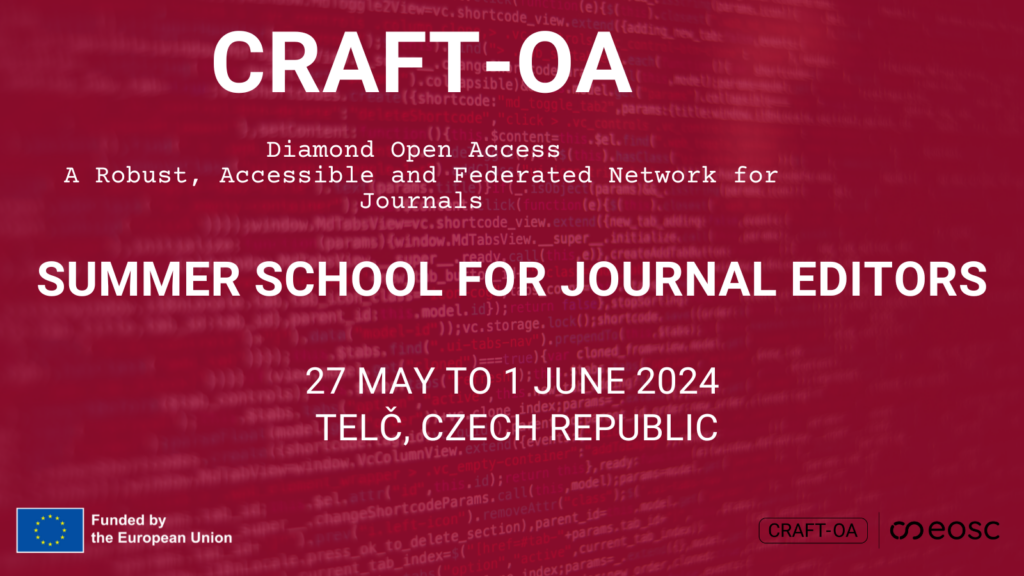
CRAFT-OA 2024 Summer School for Journal Editors Designed for editors proficient in Open Journal Systems (OJS), this program offers basic as well as advanced training to refine editorial skills and elevate the standards of Diamond Open Access publishing. Participants will delve into diverse aspects of OJS, gain insights into alternative journal management systems, and engage […]
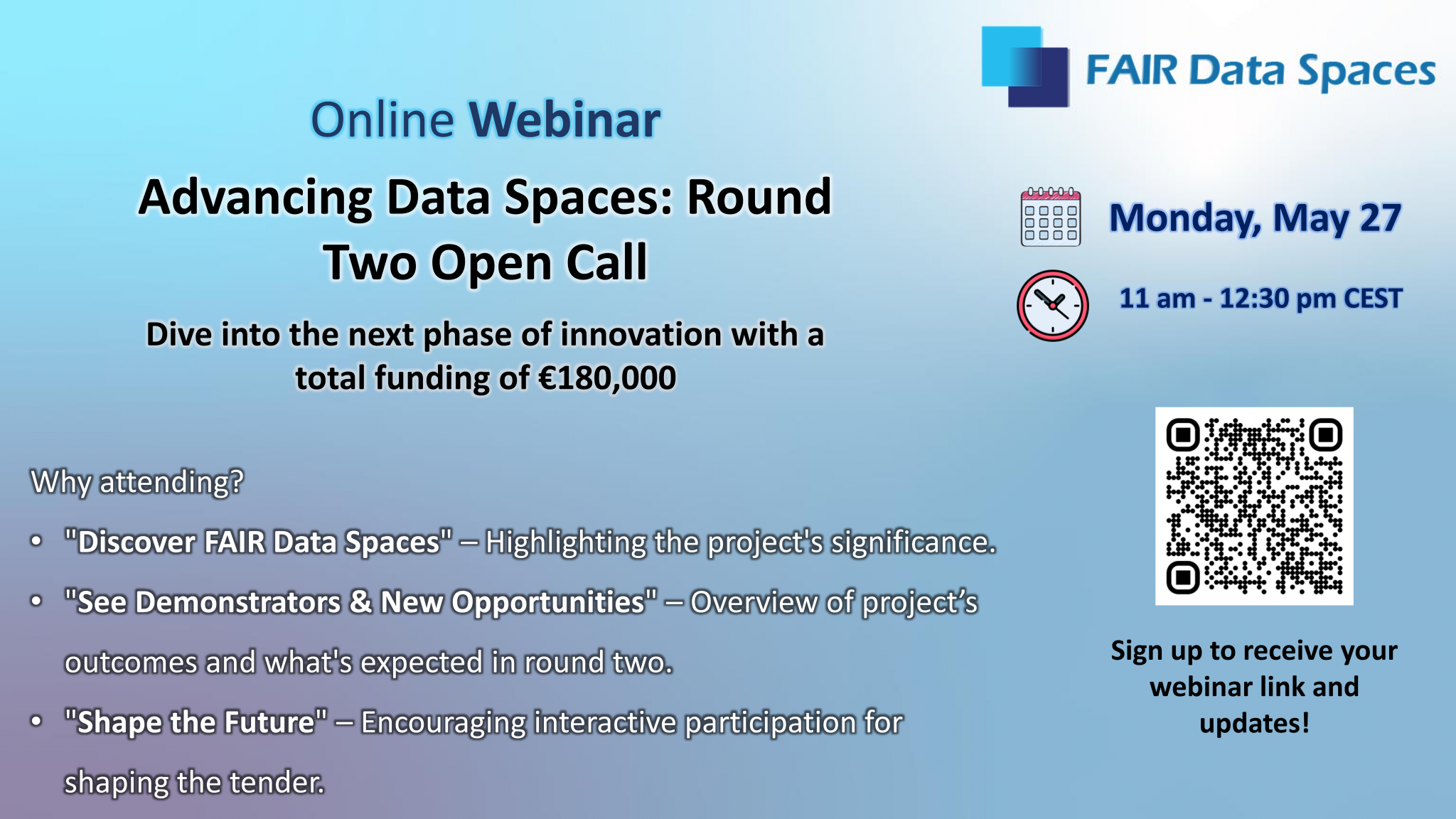
Overview: The FAIR Data Spaces project, coordinated by Fraunhofer, is at the forefront of integrating services from Gaia-X, International Data Spaces (IDS), the German National Research Data Infrastructure (NFDI), and the European Open Science Cloud (EOSC). The project has already launched several demonstrators (see Technical Foundations), showcasing its practical applications in areas such as biodiversity, research […]
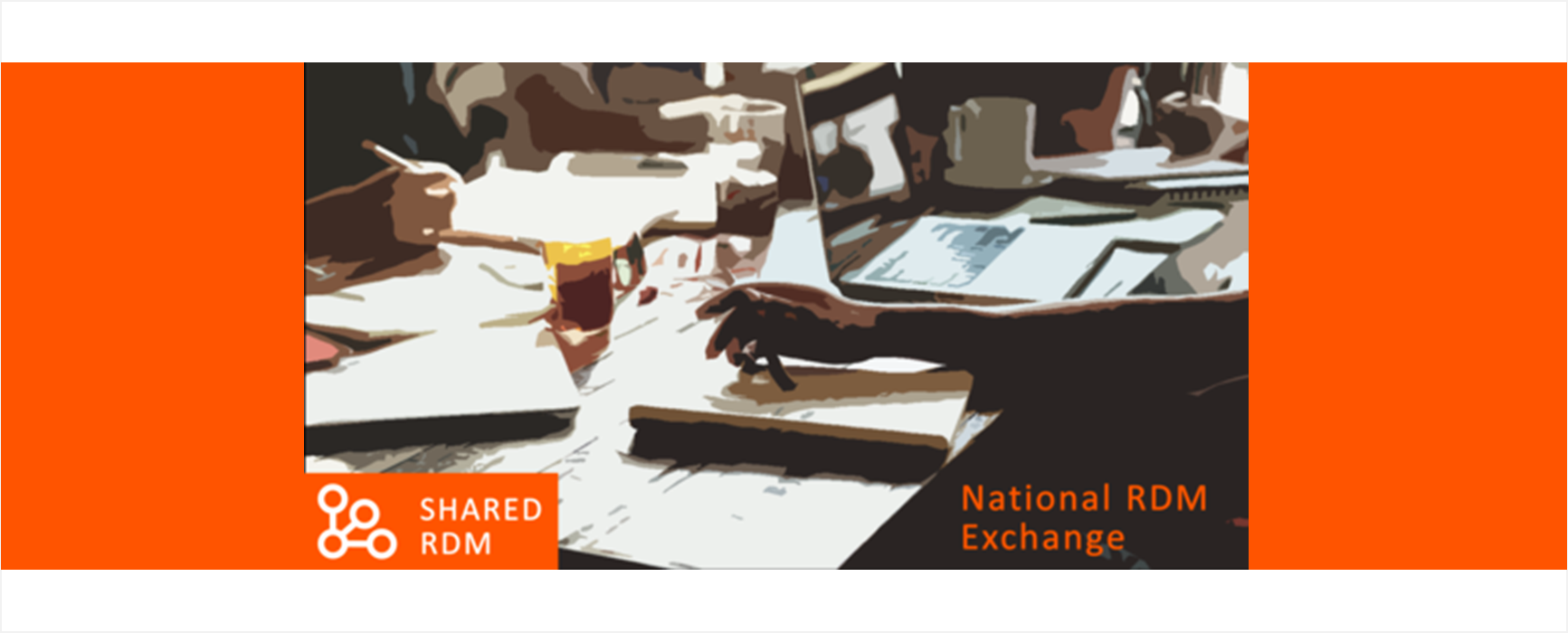
Die Universität der Künste Berlin betrachtet Open Research und damit auch Forschungsdatenmanagement immer im Kontext von Kunst und Wissenschaft. Die damit verfolgte offene Zugänglichkeit, Nachvollziehbarkeit und – wo möglich – Nachnutzbarkeit künstlerischer wie wissenschaftlicher Prozesse ist ein Zusammenspiel diverser Aspekte, die noch dazu zahlreichen rechtlichen wie technischen Fragen unterliegen. Zudem sind an der UdK Berlin […]
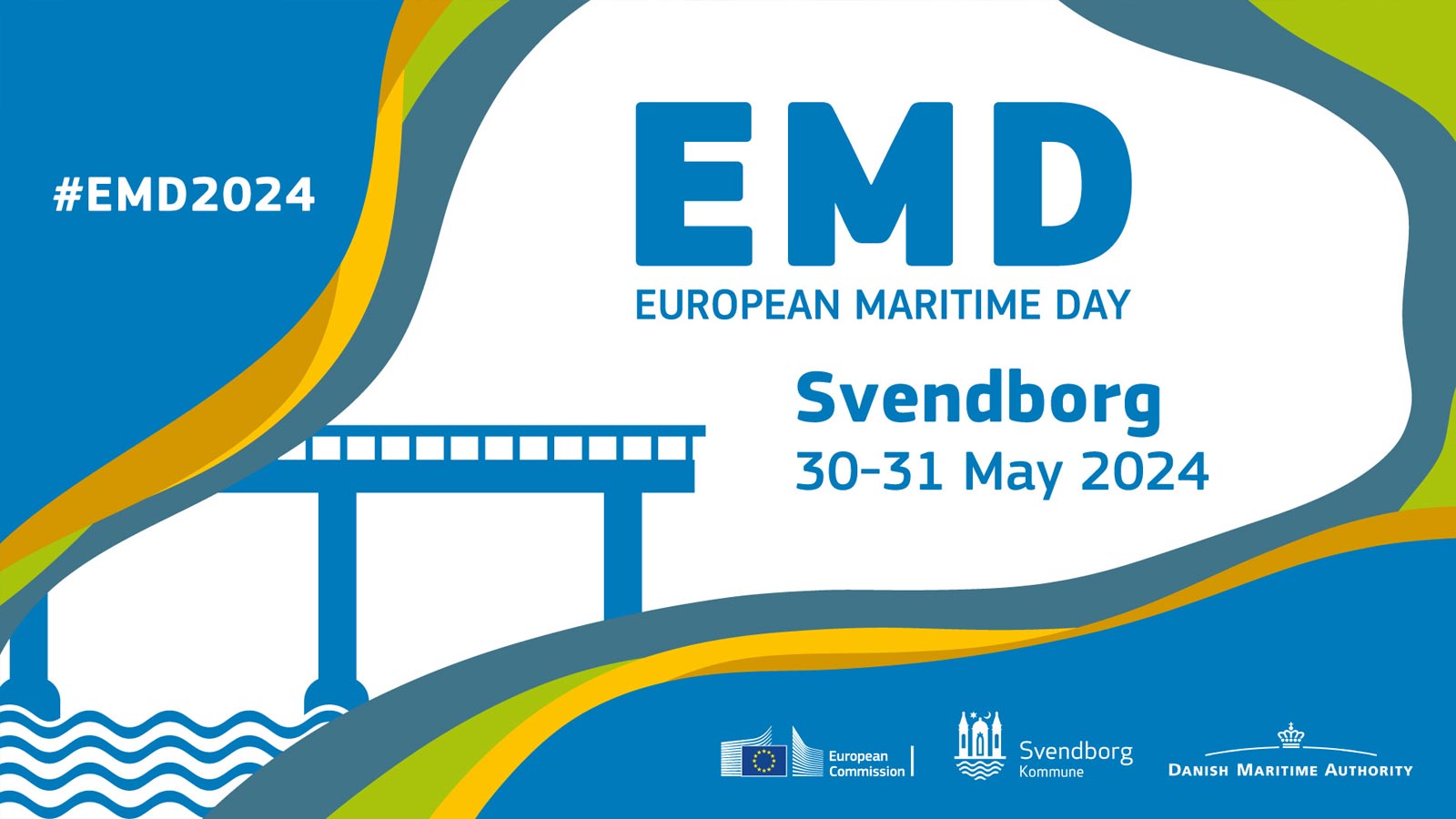
Established in 2008, European Maritime Day (EMD) is the annual EU meeting point on maritime affairs and sustainable blue growth, and the place where ‘Ocean Leaders Meet’ as the slogan goes. It is also a public event reaching out to young people and citizens across Europe through local events. EMD has not only enabled many […]
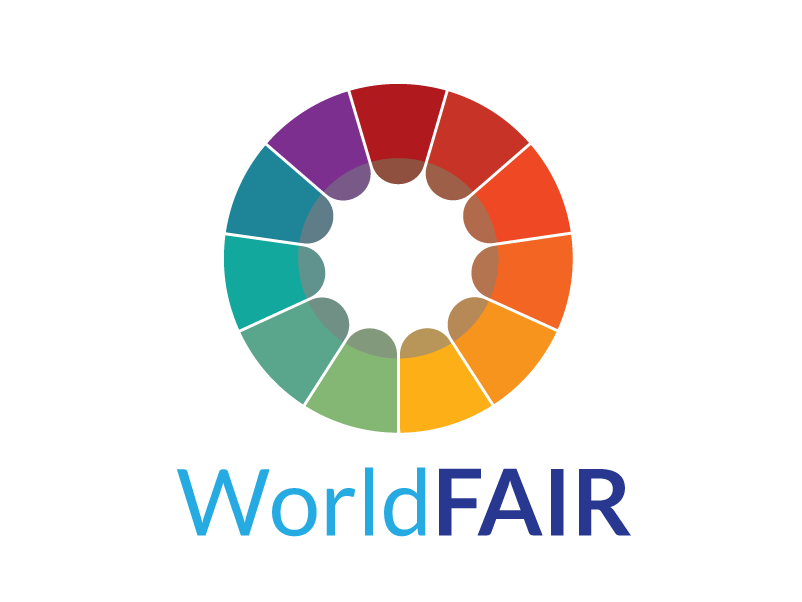
The Implementation Network for Sharing Population Information from Research Entities (INSPIRE) project is assembling technologies and standards in support of a data hub that facilitates federated and/or shared research capable of interoperating across often-neglected low-resource settings: it aims to provide a platform-as-a-service, which can make data of disparate types available to many different styles of […]

The Global Open Research Commons International (GORC) model describes how the research infrastructure ecology is moving towards providing shared virtual spaces or platforms, presenting the researchers with a marketplace of and for data and services. But what is the GORC Model actually? And how does this approach apply to and affect the development of research […]
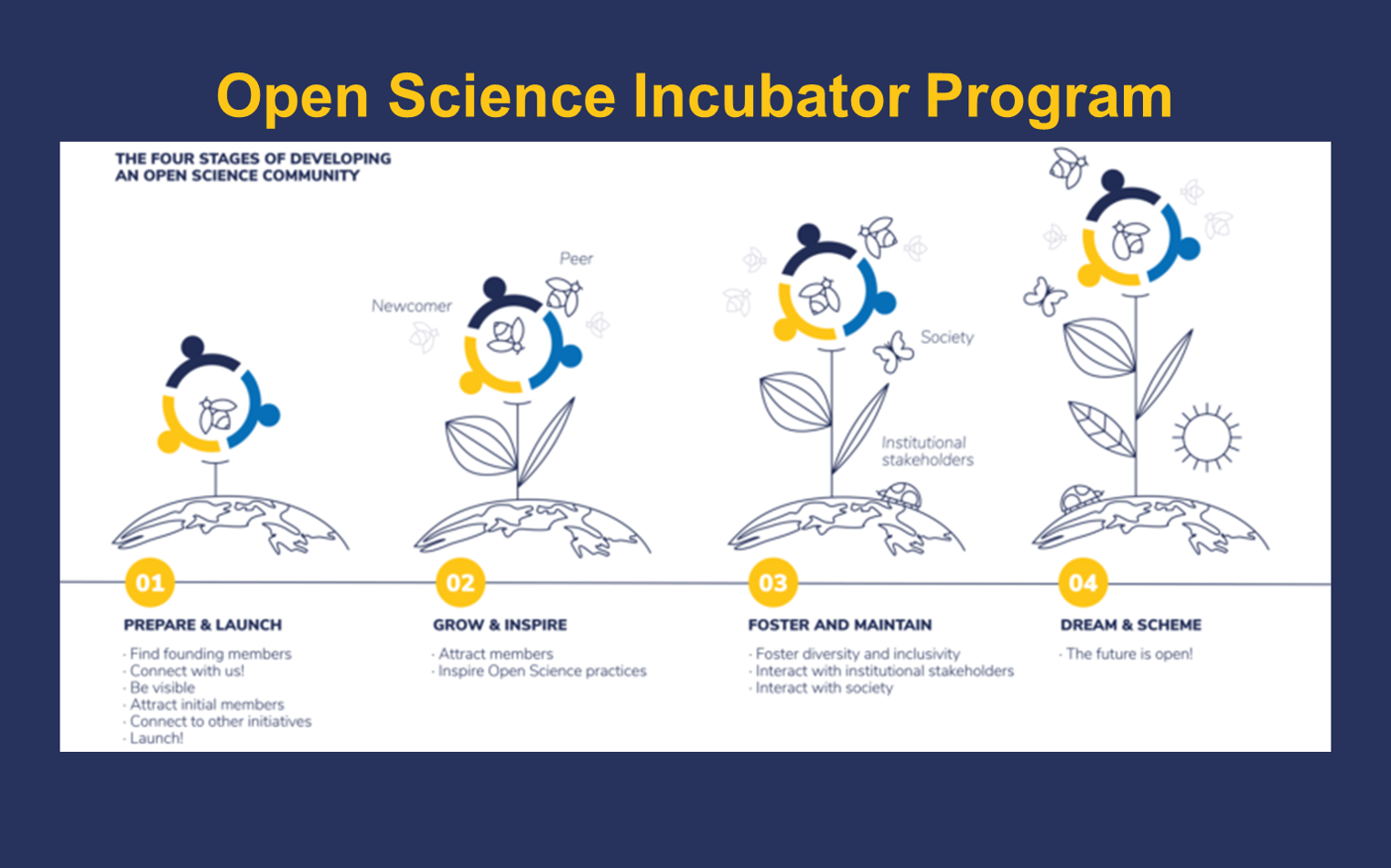
In this online incubator program, offered twice per year, we will assist up to 10 participants from around the globe in setting-up their local Open Science Community. The incubator program is a 16-week online program, based on the OSC Starter Kit, and consists of six modules: 1. Community Identity 2. Community Engagement 3. Communication Strategy 4. […]
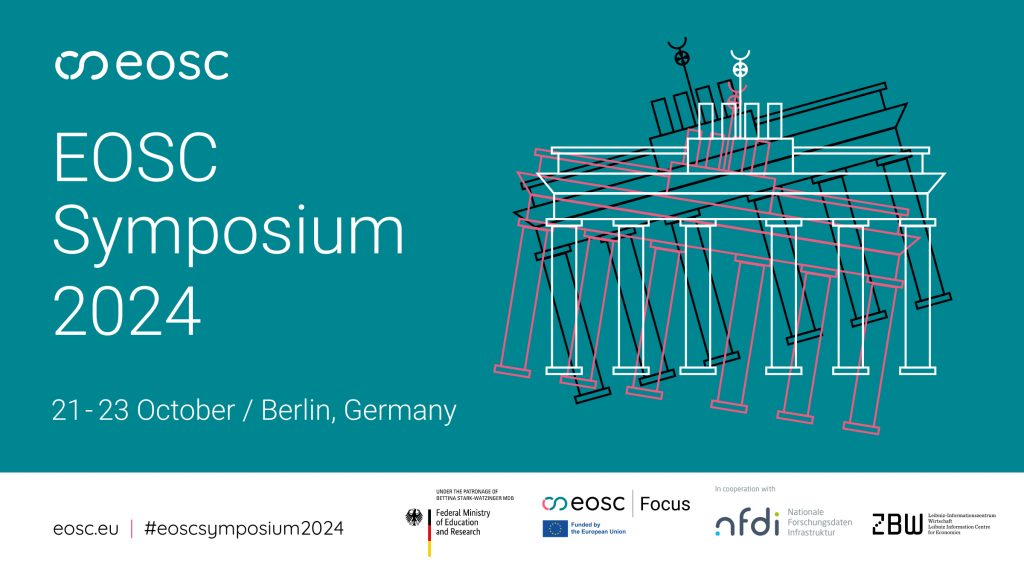
This year’s EOSC Symposium is steadily approaching and the work has started to prepare an interesting, engaging and thought-provoking event for you! To ensure that the Symposium programme reflects the voice of the EOSC community, we would like to invite you to join us in shaping the programme through a call for posters. This is […]

The meeting will focus on open science and artificial intelligence.